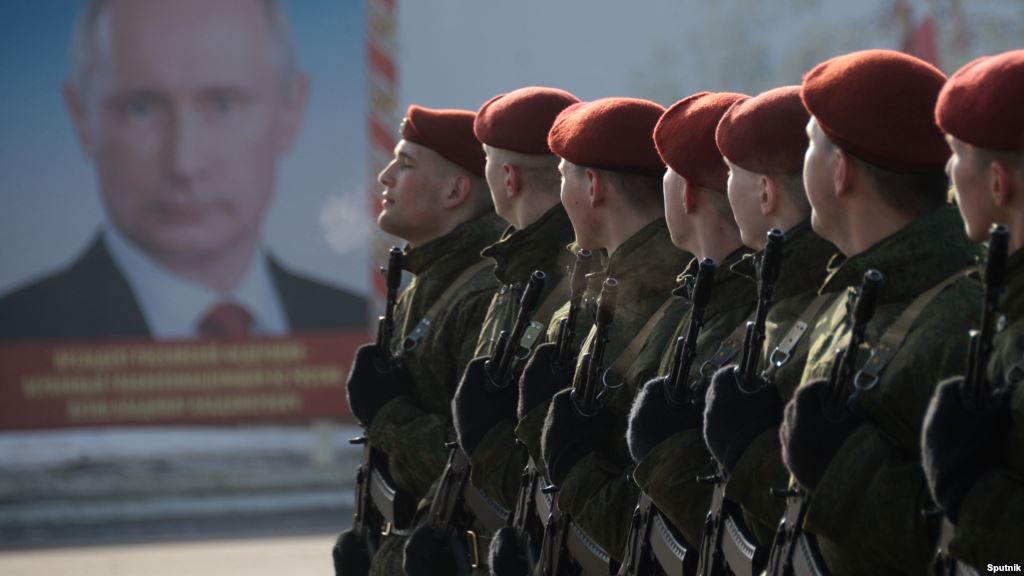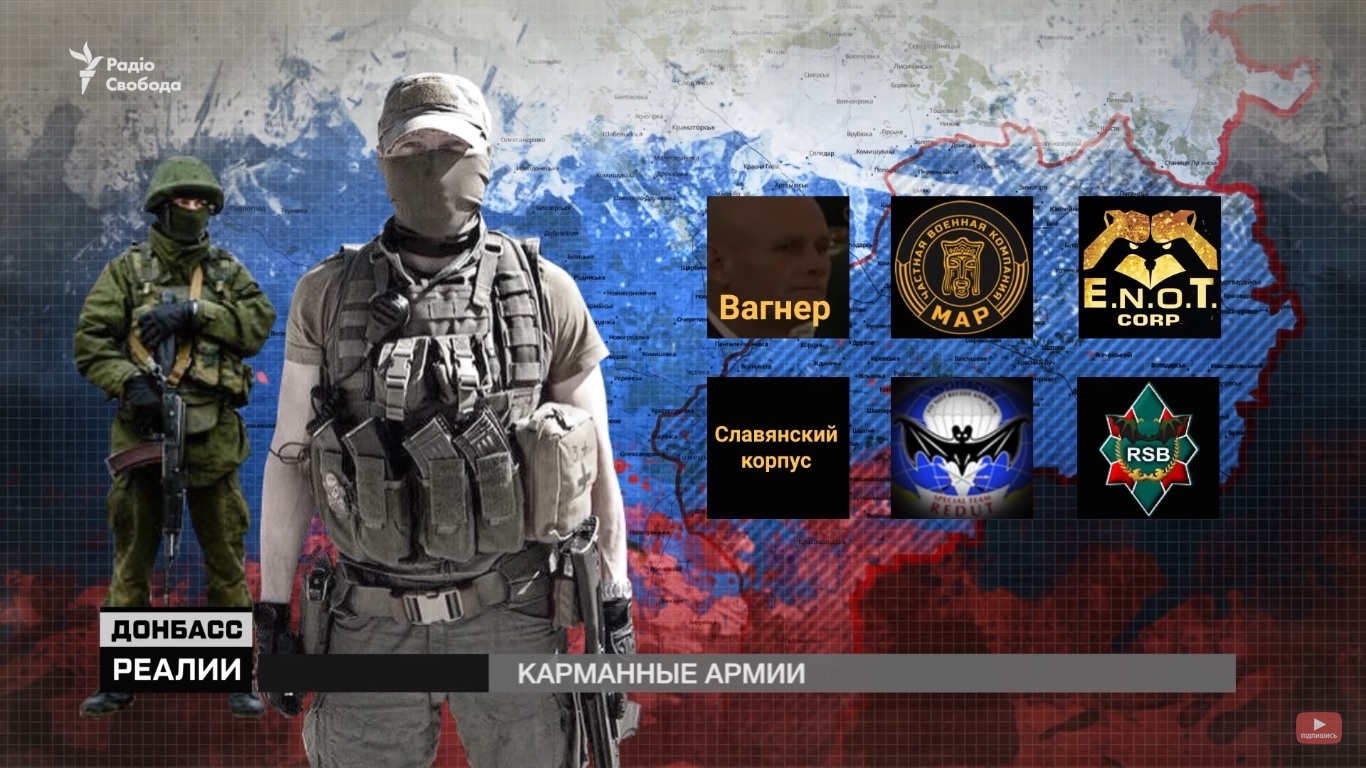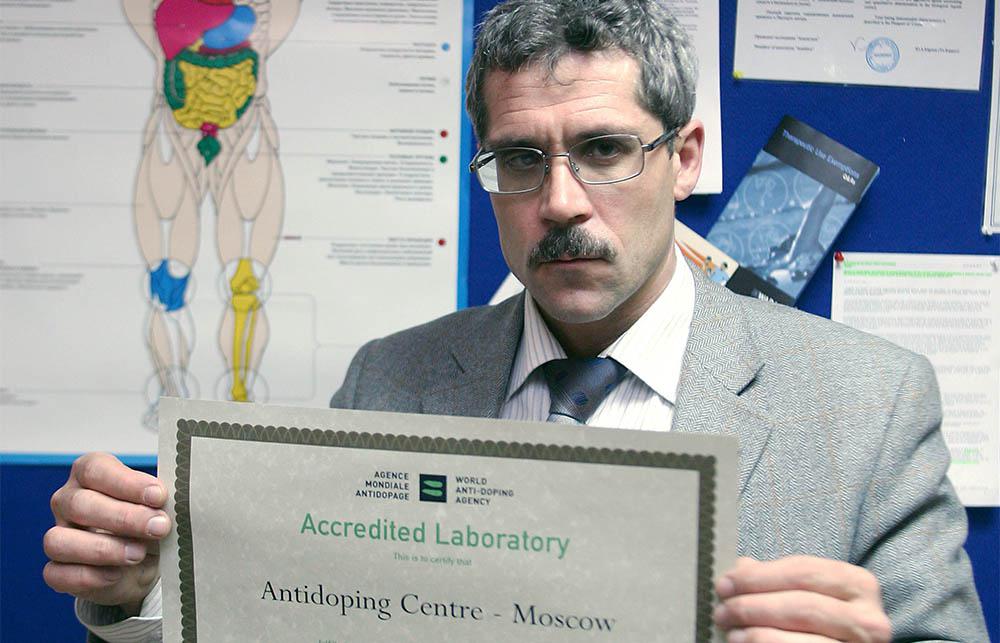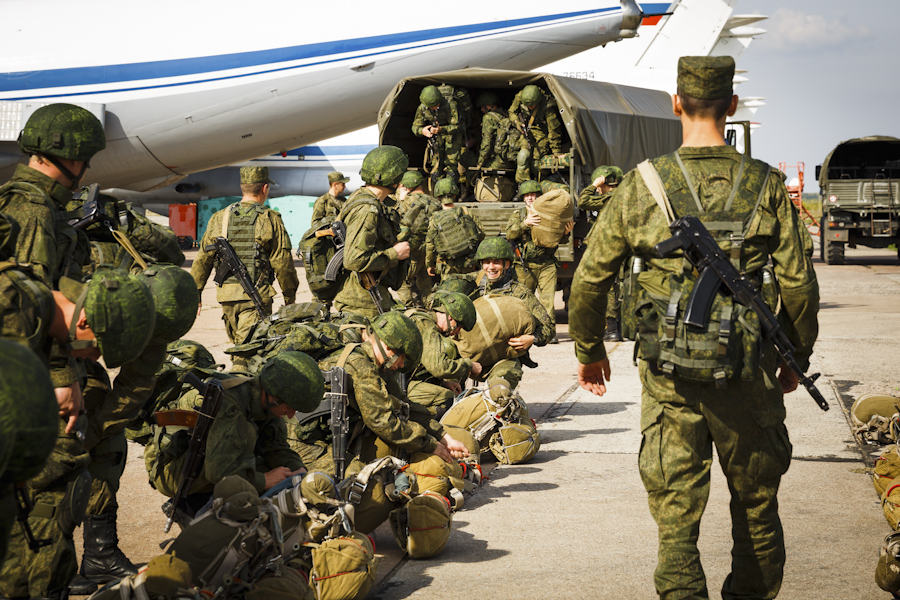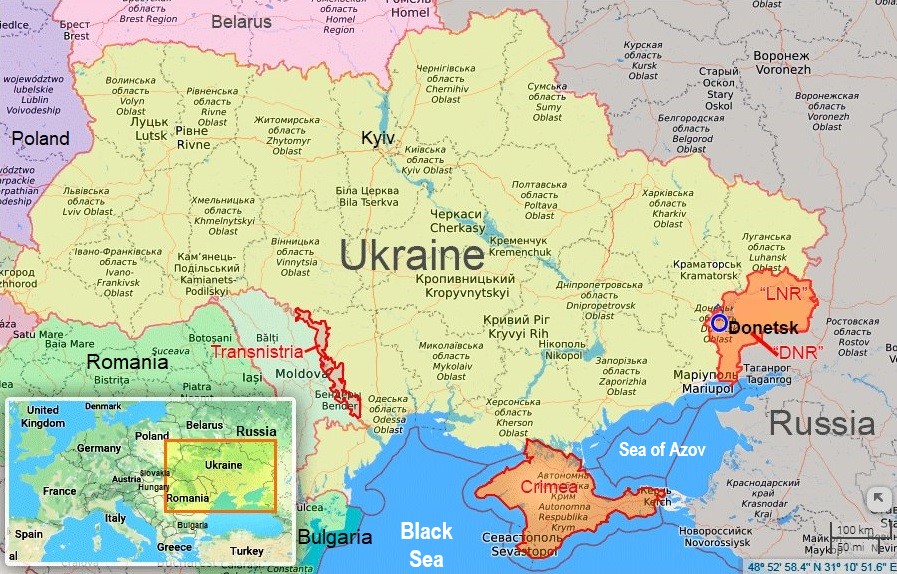Aleksandr Golts, a Moscow specialist on military affairs and the deputy chief editor of Yezhednevny zhurnal, says that Vladimir Putin’s greatest fear is that the FSB will refuse to open fire on Russians who may seek to overthrow his rule and thus he has created the Russian Guard as a last line of defense.
But that organization despite its size – 400,000 men – and leadership – its commander is Putin’s former bodyguard may prove an unreliable force because while the order to fire may come down from the top, mid-level and junior-level officers may ultimately refuse to carry it out.
In an interview given to Galina Ostapovets of Kyiv’s Delovaya stolitsa, Golts says that Putin is not afraid of a war with NATO. Instead, “Putin’s paranoia consists of the fact that he supposes that the West and NATO may at some moment organize a ‘color’ revolution in Russia” and that he will be ousted from power.
One must understand, the military analyst says, that “people who have usurped power never say to themselves that they have usurped power. They tell themselves that the Russian people is special, with a very difficult fate, and its simply not ready for democracy.” Hence the need for “administered democracy.”
Even more to the point, Golts continues, “the experience of 1991 hangs over Putin, when Soviet paratroopers having held conversations with the KGB special forces replied that ‘no, we will not shoot’” at the population. That fear explains why the Kremlin leader created the National Guard which he believes will “fulfill any order.”
But the reality is that when “a critical situation arises,” it won’t be his old bodyguard who “comes running with a pistol. Decisions will be taken by specific individuals,” Golts continues. “When the order comes to open fire, this means that inside the country the situation has become critical.”
In such a situation, Putin and Zolotov, the commander of the Russian Guard, may give orders, but no one can know in advance whether it will be obeyed.
“Everything depends on the specific situation and on the level of motivation of these people. In 1991, the forces refused to shoot, but in 1993, they did.”
Golts made a number of other noteworthy observations during his interview. The five most significant are the following:
- Russia and NATO have entered a new cold war as a result of Russian aggression in Ukraine, and an arms race has begun as well. Both are certain to last a long time. NATO has already proven its worth by putting forces in the Baltic countries and Poland. After the Western alliance did that, Putin stopped talking about his “Novorossiya” project.
- Putin has not and indeed cannot choose a successor. The system he has established precludes that. He is the only one who holds things together. “If he disappears, chaos will ensue.” Thus those around him will work to ensure he doesn’t disappear. When he finally exits the scene, “he will leave chaos behind.”
- “Putin is not the chief problem. Yes, he is a manipulator, but to a much greater degree he is an expression of the prejudices and misconceptions of the Russian people which still hasn’t digested the disintegration of the Soviet Union.” When Putin does leave, it is far less likely that any democrat will take over than someone who will “play on these prejudices” and move Russia “further along the path of oligarchy and authoritarianism.
- The Arctic region is going to be the site of intense competition military and otherwise between Russia and the US.
- Once Moscow and Washington do return to conversations, among the first subjects they must address is cyberwar, something few understand and no one yet knows how to counter.
Related:
- Russian Guard’s aspirations open the way to mass repressions, Stanovaya says
- Putin gives his Guard powers even NKVD didn’t have: the question now is why? Gorevoy says
- Putin’s Russian Guard is true ‘heir to the NKVD,’ its deputy commander says
- Moscow deploys Russian Guard and OMON against truckers in Daghestan
- Putin moves to give his “personal guard” KGB-like functions
- Left-wing radicals in Urals see Russia on verge of a revolution like 1991
- Russian protest spreads to more than 150 cities
- Russian protests don’t threaten Kremlin for one simple reason, Portnikov says
- Every meek pointless protest in Russia is a nail in the regime’s coffin
- Russia and Belarus protests – ‘part of general crisis in post-Soviet space,’ Portnikov says




